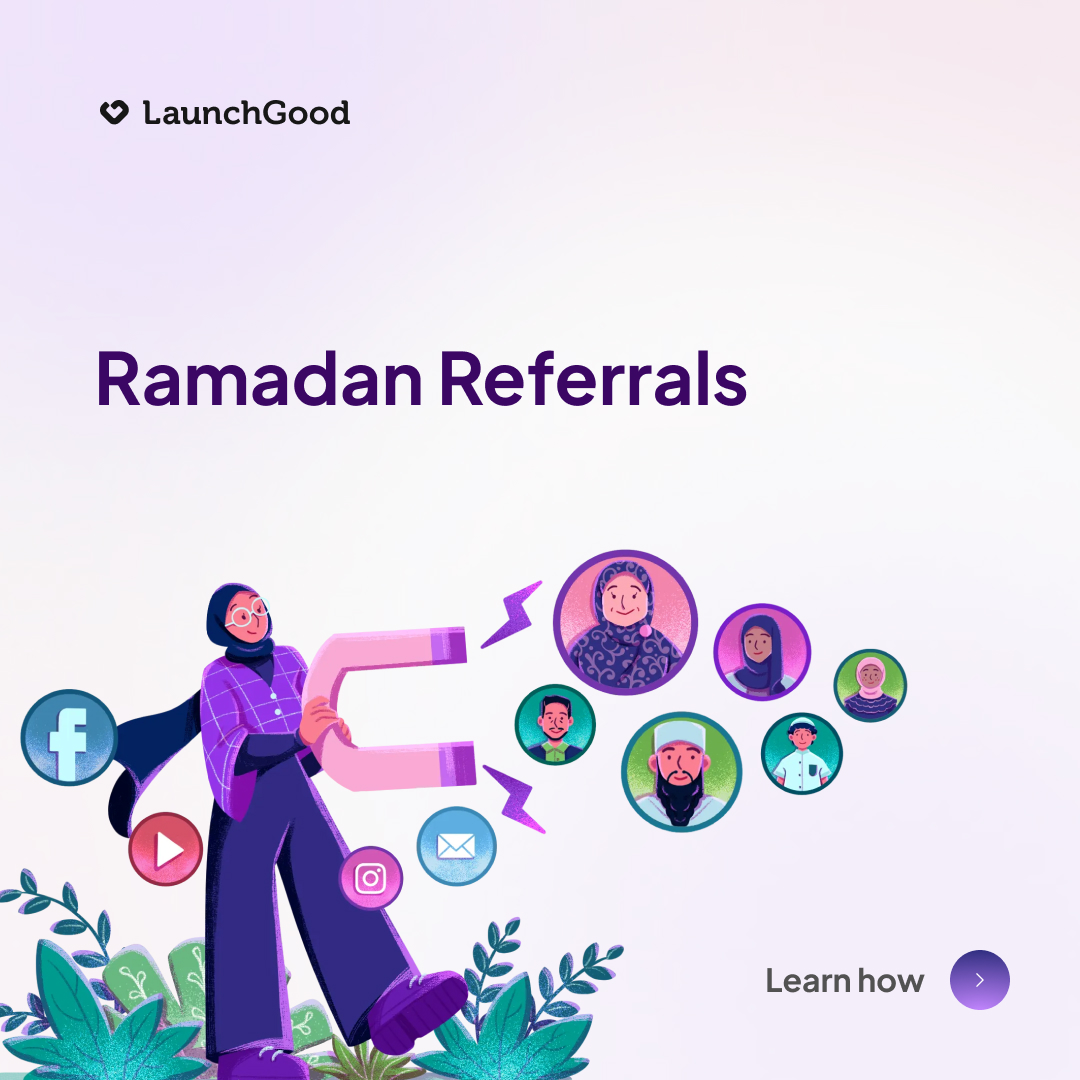What is Juneteenth?
On June 19th, 1865, enslaved African-Americans in Galveston, Texas heard the news of their freedom and the defeat of the confederates, two and a half years after President Abraham Lincoln issued the emancipation proclamation in 1863. Juneteenth is an annual holiday commemorating the end of slavery.
Significance Today
The story did not end with June 19th, 1865 but rather was the continuation of a struggle for the humanity and dignity of one’s people and against white supremacy which continues until this day. Oppression, segregation, and systemic racism against the Black American continued. Just last year the world watched the brutal murder of George Floyd, and the names continue. There was Daunte Wright who was shot and killed when a police officer “mistook” her gun for her taser. And Ahmed Arberry who was chased by armed white residents who shot him to death. And Breonna Taylor, a Black medical worker, was shot to death during a botched police raid. These are just some of the names from last year alone.
Legacy and Lessons
The history of Black America is a history that is intertwined with Muslim history. It is estimated that up to 30% of slaves that were taken from their families into the bondages and brutality of the transatlantic slave trade were Muslims. They were our scholars, thinkers, members of a community, fathers, mothers, brothers, sisters, daughters, sons, aunts, uncles, nieces and nephews. Their struggle to hold on to their faith in an environment of utmost brutality coupled with the removal from families, communities, and societies is remarkable.
The Noble Quran places a great emphasis on the stories of past nations, the trials and tribulations and their endurance, resilience, and resistance. It is critical and important for Muslims to be well-versed in the lives of individuals such as Omar ibn Said, who wrote 14 manuscripts in Arabic, one of which was an autobiography. Omar ibn Said demonstrated resistance against the indoctrination of his slave masters to such an extent that when asked to write the Lord’s prayer in Arabic, he wrote Surah Al-Nasr, the 110th chapter of the Quran, “The Divine Help”.

The English writing on the back states: “The Lord’s Prayer written in Arabic by Uncle Moreau (Omar) a native African, now owned by General Owen of Wilmington N. C. He is 88 years of age & a devoted Christian. Given to Mary Jones, at the Rockbridge Alum Springs, Rockbridge County Va. by Genl Owen July 27, 1857.”
Charles Ball who endured slavery for over 40 years writes on page 165 of his autobiography in 1837: “I knew several who must have been, from what I have since learned, Mohamedans; though at that time, I had never heard of the religion of Mohamed. There was one man on this plantation, who prayed five times every day, always turning his face to the east, when in the performance of his devotion.”
Ayuba Suleiman Diallo who was a Fulani prince from present-day Senegal, wrote the complete Quran from memory. He also wrote a small work of Fiqh (Islamic Jurisprudence) citing works of other great scholars whose books he did not have access to.
The legacy of Black Muslims went even further, such as participating and leading slave rebellions in the pursuit of freedom.

Amplifying Black Voices and Initiatives on LaunchGood ✊🏽
LaunchGood is proud to feature Black-led and Black-serving torchbearers providing much-needed educational resources and community services this Juneteenth. You can support educational initiatives such as a parent-led cooperative pre-school program; an institute of Black Muslim Studies; a collection of books for all ages telling the stories of the Black companions of the Prophet Muhammad sallallahu alaihi wasallam, and more.
You can also take part in significant community services such as, providing Islamic materials and services to Muslims behind bars; a legal defence fund for Imam Jamil (a community leader and civil rights icon sentenced to life in prison for a crime that he did not commit); rebuilding a burned-down school in Queens, NY; and programs to empower Muslim mothers and families.
These are just some of the amazing initiatives and critical work that LaunchGood is honoured to highlight during Juneteenth and onwards. We would invite you to support the fantastic initiatives on LaunchGood.com/Juneteenth. By donating and sharing, we can all be part of the collective change that we want to see in our community and society.
.




